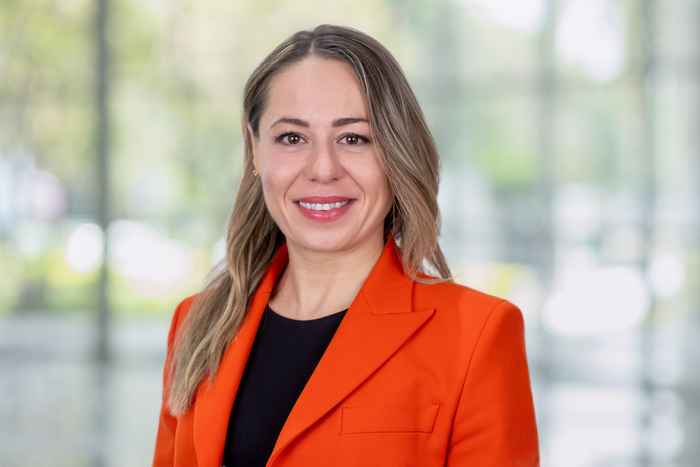Unleashing the potential of Field-Flow Fractionation
Young and ambitious analytical scientists start network to boost FFF
28 May 2025

According to Astefanei and the YSFFF team, field-flow fractionation holds the power to revolutionize separation science. Yet, despite its rich legacy spanning nearly six decades, this powerful tool remains a hidden gem. ‘FFF has always remained somewhat of a niche technique’, says Astefanei, ‘so that there’s insufficient awareness of its versatility and benefits across various scientific fields. It also suffers from an image of being a very complex technique, requiring specialized training.’
As a result, both academia and industry are struggling to attract and retain talent. Qualified students and personnel are leaving the field, resulting in a gap between the technique’s untapped potential and its practical use – even though there is growing interest in FFF in industrial sectors such as biomedicine and the biotech industry.
Empowering young researchers
Recognizing the need for greater community support, Astefanei and seven highly motivated international colleagues – including assistant professors, FDA scientists, biotech professionals, and leaders of national FFF hubs – established the Young Scientists of FFF (YSFFF). They aim to create a vibrant global network that not only retains talent but also enhances global visibility and integration of FFF into mainstream science.
‘We believe in the power of a stable network and community of researchers across all levels of expertise - from academia, industry, and government institutions. This will not only help to retain qualified professionals in the field, but also elevate the visibility, popularity, and range of applications of FFF techniques. We are convinced that this will empower young researchers, facilitate knowledge exchange, and ultimately ensure that FFF reaches its full potential.’
The YSFFF team recently conveyed their views and ambitions in a column in Chromatography Online. Amongst others, they plan to offer online activities on the online platform fffseparation.net such as seminars or Q&A sessions, to facilitate a straight-forward knowledge exchange for both FFF beginners and experts.
Driving scientific innovation forward
In the Netherlands, Astefanei is one of the driving forces of FFF. She currently teaches the subject in the analytical track of the UvA/VU joint degree MSc curriculum in chemistry. Her ambition is to integrate it earlier in the curriculum, starting at the BSc level. In her research, she is working on technology innovation and has, amongst others, pioneered a platform (AF4-ESI-MS) for analysis of industrial enzymes. Currently, she is working on another platform (AF4-pyGC-MS) for nanoplastics.
Next to Astefanei’s group at the Van ‘t Hoff Institute for Molecular Sciences, only few universities and research institutes explore FFF. The same holds for industrial R&D where just a handful of R&D labs explore or apply FFF. The number of FFF instruments in the Netherlands is rather low - Astefanei estimates a total of somewhere between 10 and 20. ‘Some labs have FFF equipment that is underutilized or even abandoned, due to the need for specialized personnel to operate and effectively interpret results. We really think this can be significantly improved by participating in an active network. Investing in the proposed efforts of YSFFF isn’t just about keeping the field alive, it’s about driving scientific innovation forward, tapping into FFF’s vast capabilities, and positioning it as a crucial tool for solving complex challenges across industries.’
Read more
Retaining Talent in Field-Flow Fractionation: An Initiative. Chromatography Online, LCGC International, March 2025, Volume 21, Issue 1, Pages: 12–15